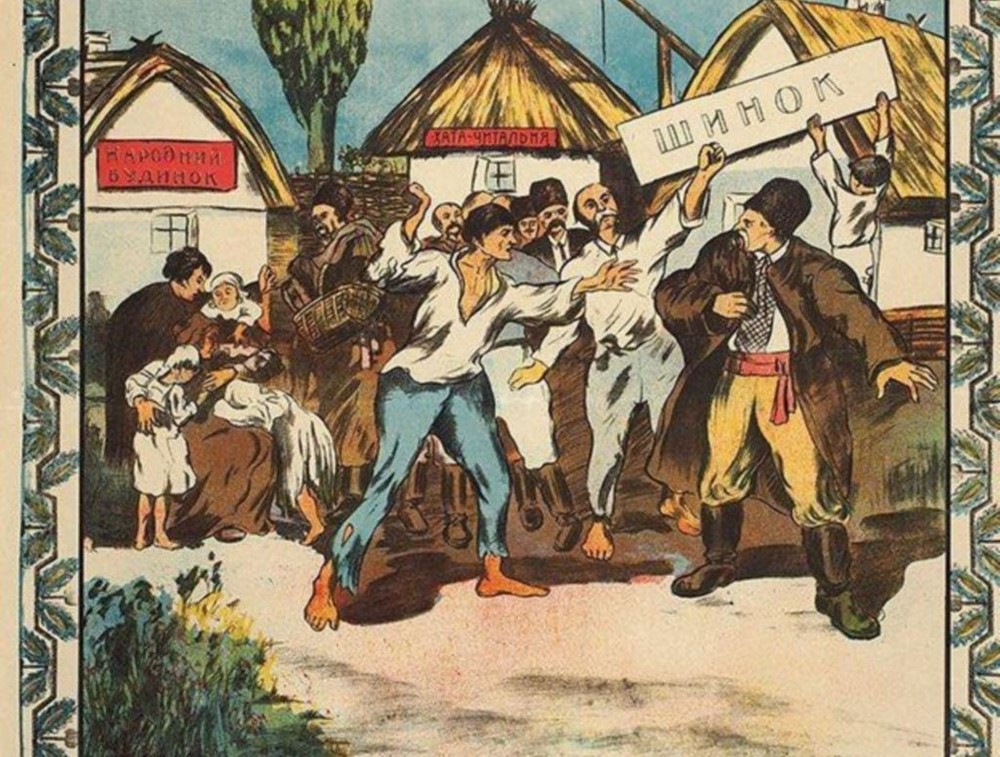
In 1918, Chernihiv province becamethe second center of the peasant rebel struggle aimedat overthrowing Pavlo Skoropadskyi’s Hetmanate.While the rebels of the Kyiv region supported therestoration of the UNR and the power of the CentralCouncil of Ukraine, the organizers of the rebellion inChernihiv sought the establishment of proletarianSoviet power with the participation of the peasantry.Their idea was consistent with the idea of the peasantrevolution, developed in the ranks of the Bolsheviks’part of the RSDLP in the early twentieth century. Theacceptability of the Leninist vision of the peasantrevolution in Ukrainian realities makes it possible totest the development of the Chernihiv rebellion of 1918.Purpose. The purpose of the study is to clarify therole of the Ukrainian Bolsheviks in the organizationand the course of the rebellion in Chernihiv in thesummer of 1918.Results. The article analyzes the nature, the drivingforces and the course of the rebellion in Chernihiv in thesummer of 1918. The initiators of this rebellion were apart of the leadership of the CP(b)U — the «left»communists (G. Pyatakov, A. Bubnov). They tried to takeadvantage of the proximity of Chernihiv province toSoviet Russia and political instability in the UkrainianState of Pavlo Skoropadskyi. The leader of the rebellion— «Colonel» Mykola Kropyvianskyi, who led the NizhynHeadquarters, received extremely broad powers and aspecial trust from the party leadership. The NizhynHeadquarters developed a carefully considered planof military and organizational work to involve thepeasantry in the rebel units. However, this plan was notimplemented. Despite the peasant nature of thecampaign, the backbone of the rebel forces in Chernihivwas military personnel (former officers of the royal army,Red Army men). The number of participants in theChernihiv rebellion was at least five times lower thanin the Kyiv region. German troops quickly defeated therebels establishing martial law and making mass arsonof rural houses. Reflecting on the reasons for the failureof the Chernihiv rebellion in September — October1918, the «left» communists acknowledged theirmistakes, in particular, the spontaneity of the rebellionand the «advisory» rather than leadership role of theBolshevik Party.Originality. The scientific novelty of the study is thecoverage of the Chernihiv rebellion of 1918 in thecontext of the peasant revolution concept.Conclusion. The Chernihiv rebellion in the summerof 1918, organized by the CC of the CP(b)U, becameone of the stages of the peasant revolution. The reasonsfor the defeat of the rebellion were objective. TheBolshevik organizers ignored the national motives ofthe peasant struggle, exaggerated the importance ofsocial stratification of peasants in 1918 r. and generallyeconomical motives of the fight. The subjective factorssuch as support of Kropyvianskyi’s ideas by a part ofthe CC of the CP(b)U led to the discrediting of thepeasant rebellion as a component of the Leninist ideaof agrarian revolution, dispersion of military forces andconsiderable loss of life.
Source: Kovalyova N. (2019) Chernihiv Rebellion of 1918: Bolsheviks’ Attempt to Implement the Idea of the Peasant Revolution. Ukrainian Peasant. №22: 15-19
Source web-site: http://ukr-selianyn-ejournal.cdu.edu.ua/article/view/3711/3990
Number of views: 3398